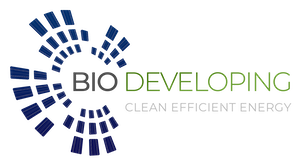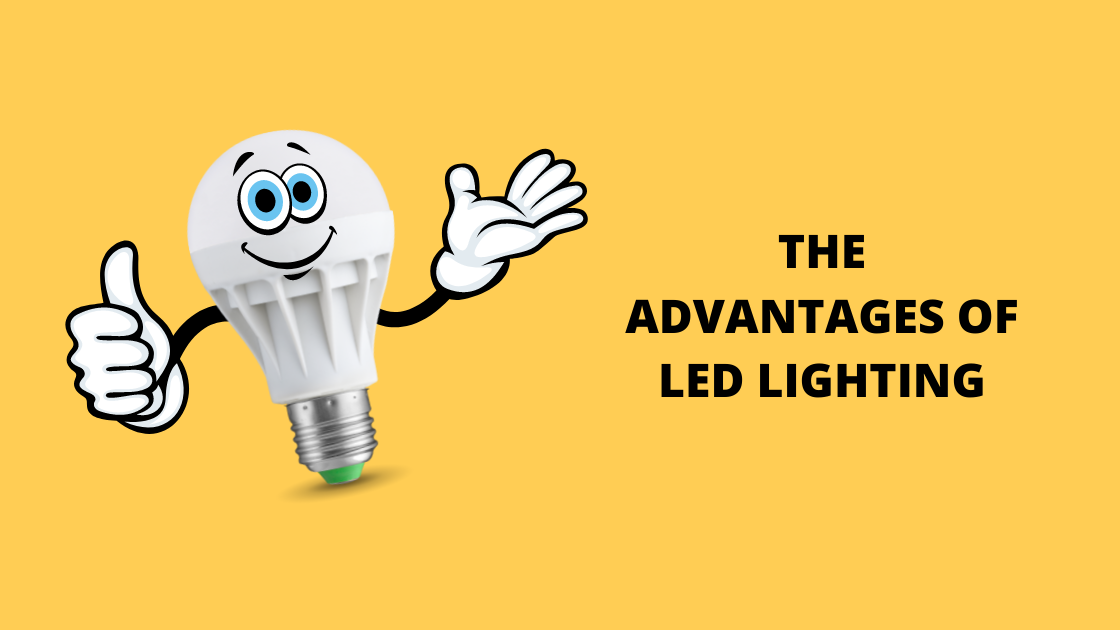In my last article I answered the question, do LED lights really save you that much money?
In this article, I want to further discuss the main advantages that LED lights to offer as well as the benefits of LED lights in green buildings, and helping the environment:
The Main Benefits of LED Lights
1. LED lights last longer
The average lifespan of a normal light bulb is 1,200 hours, whereas an LED light bulb can last up to 25,000 hours. Quite the difference however there is also another factor. At some point in those 1,200 hours, normal light bulbs components will start to wear making the light bulb less and less bright and more and more inefficient. LED lights do not do this, so not only do they last longer but they stay bright.
2. LED lights use less electricity
LED light bulbs can turn about 70-80% of the energy they use into light, whereas a normal light bulb can only turn about 10% of the energy it uses into the light. This makes LED lights far more efficient, and they use far less energy than normal lights.
You will often read on the box of a normal light bulb “60W”, “120W”. On average, LED light bulbs use 10W!
LED lights make it possible to reduce your light’s energy use by up to 75%.
3. LED light bulbs are brighter than normal lights
LEDs are capable of emitting an extremely high level of brightness. That’s why wattage is no longer a viable measurement of brightness – instead, look at a bulb’s lumen output when you’re making the switch to LEDs or another energy-efficient lighting.
A normal light bulb outputs about 450 lumens. A CFL light bulb (another kind of bulb) can output about 2,400 lumens. An LED light bulb outputs more than 4,000 lumens!
4. LED lights can change colors and have a great color range
Normal light bulbs require filters or coloring to make them change colors and even then, you never quite get the exact color. On the other hand, LEDs offer a wide range of colors and color temperatures without the use of gels or filters, which can burn out or fade over time.
Additionally, an LED light bulb can turn to many colors without needing to change the bulb.
5. LED light bulbs radiate very little heat
While an incandescent bulb operates by heating its filament to a temperature that produces light, an LED bulb emits electromagnetic energy as light when electrified. By turning energy into light instead of heat (rather than using heat to generate light), LEDs are able to operate at a significantly lower temperature than other types of light bulbs.
What little heat LEDs do generate is dissipated by a special heat sink, which is designed to absorb any heat and disperse it safely away from the diodes.
While the actual fixture or base can feel warm to the touch, LEDs themselves don’t emit infrared radiation in their beam, meaning there is no warmth to it. This makes them optimal for use in heat-sensitive areas, such as displaying artwork because they won’t cause fading or other heat damage to paints or dyes.
6. LED lights are more reliabile
LEDs are a very durable and reliable form of lighting – they can operate safely in colder temperatures, and can withstand more impact and vibration than other light bulbs because they have no filaments or other fragile parts. This stability makes them ideal for use in areas that will be subject to temperature fluctuations, inclement weather, and jostling, such as outdoors or in ceiling fan fixtures.
7. LED lights turn on instantly
Does this sound familiar? You turn on a light to look for something, but you have to wait a few moments before you can see anything, or you’ve already found it before the bulb has even reached its maximum light output. Unlike CFLs, which take a few moments to warm up, LEDs operate at full brightness from the moment you flip the switch.
If you would like to switch to LED lights or do an LED lighting retrofit for your home or business in New Jersey, Bio Developing offers full-LED lighting services and will be happy to give you a free quote. Contact us today!
Article by
Rebecca Samson
Editor, Bio Developing



Recent Comments